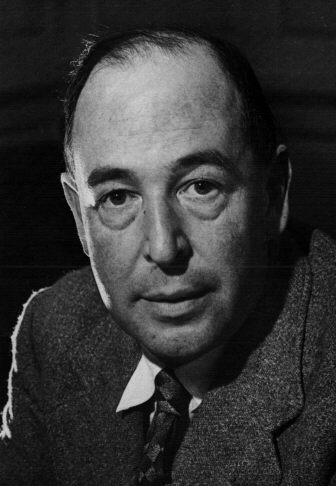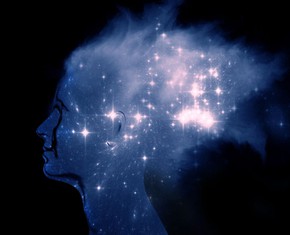The views expressed in our content reflect individual perspectives and do not represent the authoritative views of the Baha'i Faith.
At any given moment, life is completely senseless. But viewed over a period, it seems to reveal itself as an organism existing in time, having a purpose, tending in a certain direction. – Aldous Huxley
Everything in life that we really accept undergoes a change. So suffering must become love. That is the mystery. – Katherine Mansfield
We are not trapped or locked up in these bones. No, no. We are free to change. And love changes us. And if we can love one another, we can break open the sky. – Walter Mosley
Do you welcome change?
If so, you’re definitely in the distinct minority. Many people fear and resist change in their lives. They see it as painful, troubling and just plain hard to do. Change frightens most people, especially when it involves giving up their old, comfortable selves—and lives–for something new.
In some ways, we all fear losing the familiar in exchange for the unknown. The hero myths from every culture tell us that reluctance to change can represent the hero’s biggest dragon, our toughest inner enemy. But reluctance to change doesn’t have to be such a fire-breathing monster if we understand change as evolutionary growth.
That kind of progressive thinking raises an important question: what do we really give up when we change? Do we discard our former self when we expand our consciousness and grow into a new self?
No–we do not throw away our former identity, the philosophers Ken Wilber and Guy Murchie have both pointed out, when we transcend one level of development and move on to another. Instead, each new stage of growth and development subsumes and enfolds the former stages. Rather than leaving everything behind and starting completely over, we gradually evolve to incorporate a wider and more comprehensive whole. The concept of nested realities assures us that we don’t have to give up the child within us to become adults.
However, the realization that this physical life demands constant adaptation and evolution requires that we think about change as a necessity rather than an option. The Christian writer C. S. Lewis put it this way:
It may be hard for an egg to turn into a bird: it would be a jolly sight harder for it to learn to fly while remaining an egg. We are like eggs at present. And you cannot go on indefinitely being just an ordinary, decent egg. We must be hatched or go bad.
From a spiritual perspective, the terms renunciation, sacrifice, and surrender all function as code words in the sacred literature for this ability to reach creative self- consciousness, to evolve, to grow and transcend:
Christ was like a seed, and this seed sacrificed its own form so that the tree might grow and develop. Although the form of the seed was destroyed, its reality became apparent in perfect majesty and beauty in the form of a tree…. When the form of the tree was sacrificed, its perfections appeared in the perfect form of leaves, blossoms and fruits. – Abdu’l-Baha, Some Answered Questions, p. 121.
Our own sacrifice, understood in this organic context of growth and spiritual development, calls for moving beyond our lower nature and ascending to the higher one. In hindsight, this movement from weakness to strength hardly qualifies as a sacrifice. Like a baby giving up crawling when walking works better, our souls adapt to new stages of development when we’ve outgrown the former ones. In reality, of course, this requires no sacrifice at all, but simply the courage to evolve and change.
In Abdu’l-Baha’s metaphor of the tree, the seed loses its identity as a seed to become a shoot. The true properties of the seed don’t get lost when it grows–in other words, it retains its essential “treeness”– but its boundaries expand. Instead of taking up the space of a seed, it takes up more space, and gains greater stature. The shoot has absorbed the seed, as the tree will eventually absorb the shoot. It has stretched itself, surpassed its boundaries, re-mapped its life, and attained new potential and growth. Obviously, trees can grow only by transcending their current state and advancing to the next.
For human beings, the process looks similar—we must transcend our earlier, less sophisticated selves to achieve our true destinies. Baha’u’llah’s Four Valleys represents a modern model for understanding the process of growth, maturation and spiritual search:
May you become as growing plants. May the trees of your hearts bring forth new leaves and variegated blossoms. May ideal fruits appear from them in order that the world of humanity, which has grown and developed in material civilization, may be quickened in the bringing forth of spiritual ideals. – Abdu’l-Baha, The Promulgation of Universal Peace, p. 39.

















Comments
Sign in or create an account
Continue with Googleor